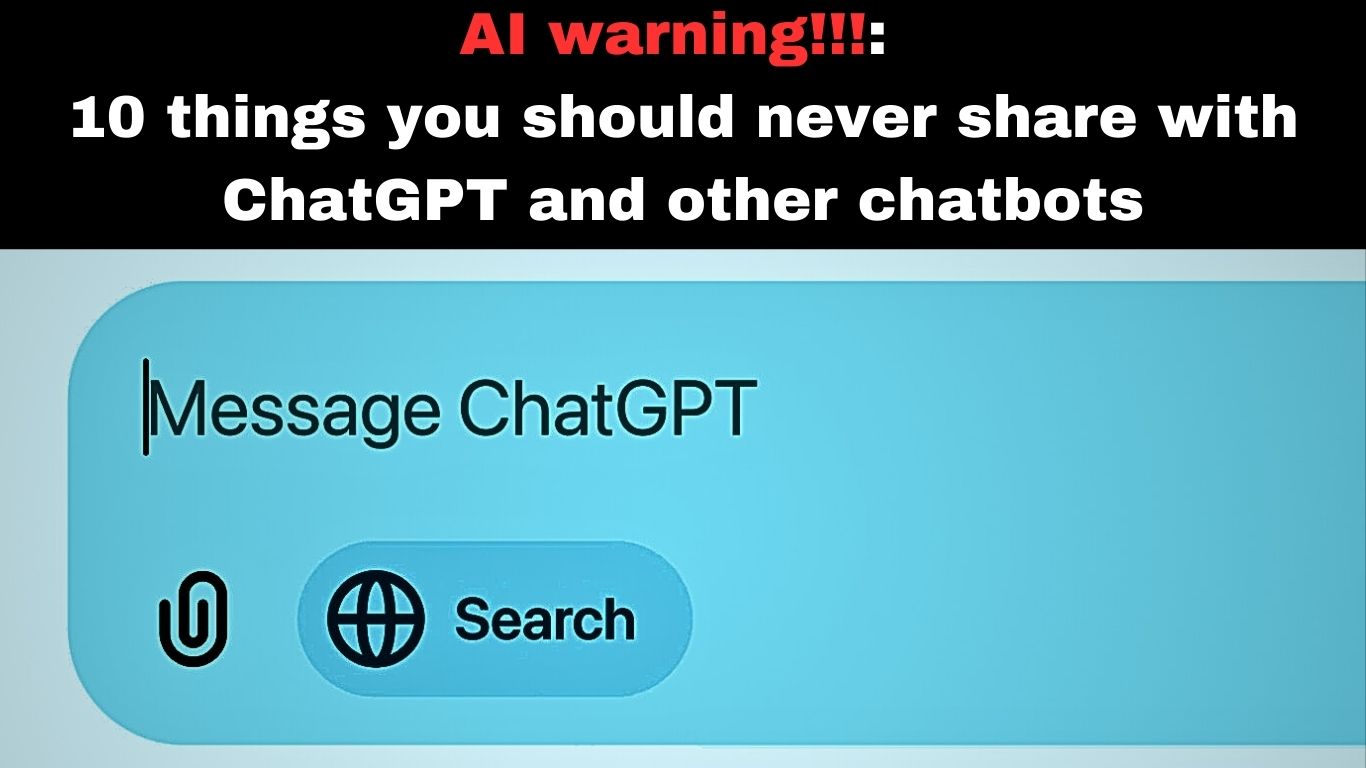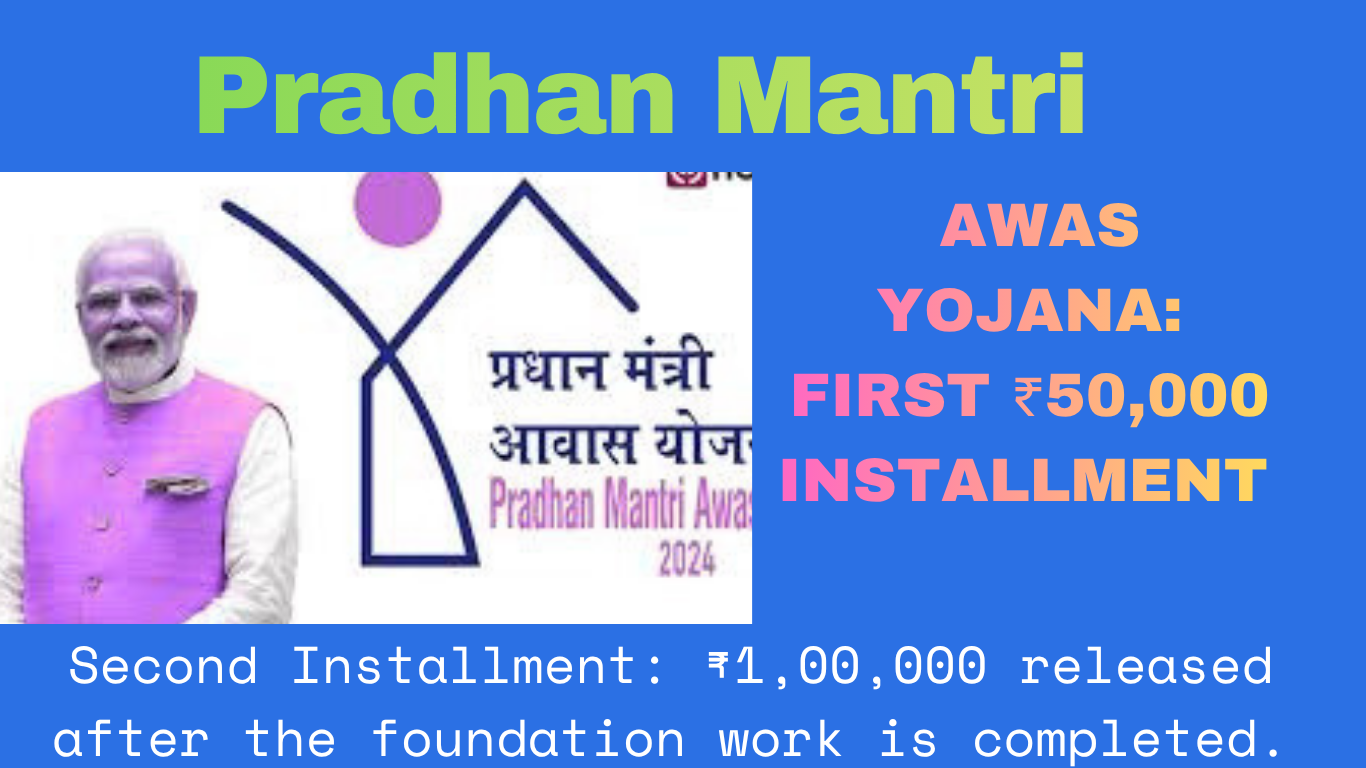New Delhi, 2025: Artificial Intelligence has moved from being a futuristic buzzword to an everyday reality. ChatGPT, Google Gemini, Claude, and other chatbots are now as common as email, helping millions of people with work, studies, coding, and even daily decision-making.
But with this convenience comes a hidden risk — the information you feed into these AI models might not always be private. While tech companies claim conversations are anonymized, cybersecurity experts warn against sharing sensitive personal and financial details. Once something enters the internet ecosystem, complete control over it is nearly impossible.
This is why regulators, cybersecurity agencies, and AI safety boards are urging caution. To make things clear, here’s an in-depth look at 10 types of information you should never share with ChatGPT or any AI chatbot.
Machine Learning Engineer Journey: 10 Proven Lessons I Learned Without CS
Table of Contents
Table of Contents
Personal Identification Numbers and Passwords
One of the golden rules of the internet: never share passwords or PINs. AI chatbots are not secure vaults; they are designed to process inputs and provide outputs. If you type in your ATM PIN, UPI password, or online banking credentials, you risk them being stored in logs that might be accessed or leaked later.
Cybercrime cells in India and the U.S. have already reported cases where stolen credentials surfaced on the dark web after being entered into chatbot interfaces.
Financial Account Details
Financial information is among the most sensitive data. This includes:
- Bank account numbers
- Credit and debit card details
- CVV numbers
- Net banking login credentials
If exposed, criminals can misuse such data for fraudulent transfers or unauthorized purchases. A real case from 2024 showed how hackers used leaked chatbot data to run fake payment gateways, causing losses of over ₹30 crore in India alone.
Aadhaar, PAN, and Other Government IDs
Your Aadhaar number, PAN card, passport, or voter ID may look harmless. But in the wrong hands, they can be misused for:
- Fake loan applications
- SIM card frauds
- Illegal KYC registrations
Identity theft is one of the fastest-growing cybercrimes in India, and experts stress that chatbots are not secure places to verify your KYC documents.
Medical History and Health Records
AI chatbots are great for general health queries like “What are the symptoms of diabetes?” But uploading X-rays, MRI scans, or prescriptions is a huge privacy risk.
Health data is considered highly sensitive under global data protection laws like HIPAA in the U.S. and India’s Digital Personal Data Protection Act (DPDP 2023). If leaked, it can lead to discrimination, denial of insurance claims, or misuse by third parties.
Business Strategies and Confidential Documents
One of the biggest risks lies in workplaces. Employees sometimes use AI chatbots to draft presentations or summarize reports, unintentionally uploading confidential company information.
In 2023, Samsung faced embarrassment when employees fed semiconductor source code into ChatGPT. The incident was so serious that the company temporarily banned the use of generative AI tools internally.
For businesses, this means strict AI usage policies are now a necessity.
Private Photos and Intimate Conversations
While AI tools may offer image generation or analysis, private or intimate photos should never be uploaded. Experts warn that:
- They may become part of future training datasets.
- Even anonymized images could be de-anonymized with AI advancements.
- Such leaks could lead to blackmail or reputation damage.
Travel Plans and Location Data
Telling a chatbot your home address, current location, or future travel itinerary might sound harmless, but it could put you at risk of theft or stalking.
Criminals often exploit patterns of absence from home. Sharing “I’ll be in London next week” with an AI tool that stores chat logs could indirectly make you a target.
Legal Case Details
Chatbots are not lawyers. Uploading ongoing case documents, court notices, or client contracts risks breaching confidentiality agreements. In legal practice, even a small leak can cause significant consequences.
Regulators warn that AI platforms are not replacements for licensed attorneys, and sensitive legal details should only be discussed with professionals bound by confidentiality laws.
Information About Children
Data about children is considered the most vulnerable globally. Whether it’s your child’s name, school, photos, or daily routine, sharing this with AI chatbots can have serious risks.
International guidelines, including the UNICEF Child Data Protection Framework, warn against exposing children’s information online.
Future Projects or Startup Ideas
If you’re building the next unicorn startup, resist the urge to share your patent drafts, algorithms, or unique business ideas with a chatbot.
AI platforms may not directly “steal” your idea, but the lack of data ownership clarity means your innovation might not remain fully yours once entered into the system.
Table: Safe vs Unsafe Data Sharing with AI
| Data Type | Safe to Share | Risk Level | Example Query ✅ | Unsafe Query ❌ |
|---|---|---|---|---|
| General Knowledge | Yes | Low | “What is blockchain?” | – |
| Coding Errors | Yes (general) | Low | “Fix my Python loop” | “Here’s my company’s full source code” |
| Financial Info | No | High | – | “My account no. is 1234, check balance” |
| Government IDs | No | High | – | “Verify my Aadhaar here” |
| Health Queries | Yes (general) | Medium | “What are migraine symptoms?” | “Here’s my blood report, analyze it” |
| Confidential Work Docs | No | Very High | – | “Summarize my secret project” |
| Travel Plans | No | Medium | – | “I’ll be in Goa from next Monday” |
Global AI Regulation Efforts
Governments are moving fast to address these risks:
- European Union: Passed the EU AI Act (2024) that mandates risk classification and transparency for AI systems.
- United States: The AI Bill of Rights draft emphasizes data privacy and algorithmic fairness.
- India: The DPDP Act 2023 now includes AI platforms under “data fiduciaries,” holding them accountable for misuse of personal data.
Expert Tips for Safe AI Usage
Cybersecurity experts suggest:
- Use AI only for general, non-sensitive queries.
- Avoid entering anything you wouldn’t post on social media.
- Stick to official, verified AI platforms (avoid shady apps).
- Keep business data within secure internal systems, not public AI models.
- Update passwords regularly and enable multi-factor authentication.
Conclusion
AI is here to stay, and its role will only grow in 2025 and beyond. But as technology becomes smarter, so do cybercriminals. The key lies in user awareness and responsible usage.
The bottom line: Treat AI chatbots as assistants, not as digital safes. Your data privacy is ultimately in your own hands.
Frequently Searched Questions (FSQ)
Q1. Is ChatGPT safe to use for general queries?
Yes. ChatGPT is safe for general queries like learning concepts, coding help, or writing assistance. However, avoid sharing sensitive personal or financial details.
Q2. Can I share my bank details with ChatGPT?
No. You should never share banking details such as account numbers, PINs, or CVV codes with ChatGPT or any other chatbot. These platforms are not designed to store or secure financial data.
Q3. Is it okay to upload medical reports to ChatGPT for analysis?
No. While you can ask about general health topics, uploading personal medical records is risky. Sensitive health data should only be shared with certified medical professionals.
Q4. Can AI chatbots leak company secrets?
Yes, indirectly. If you input confidential project details, there is a risk that data could be logged or misused. Many companies now restrict employee use of AI tools for this reason.
Q5. What happens if I accidentally share personal information with ChatGPT?
If you accidentally share sensitive data, delete the conversation immediately (if the platform offers that option). Also, change related passwords and monitor accounts for unusual activity.
Q6. Are AI chatbots monitored by regulators?
Yes. Governments in the EU, US, and India are framing regulations like the EU AI Act and India’s DPDP Act 2023 to ensure AI platforms protect user data.
Q7. Is it safe to use AI chatbots for students and children?
AI chatbots can help students with learning, but children should not use them unsupervised. Never share personal details about minors, including school or location data.
Q8. Can ChatGPT store or remember my conversations?
By default, many chatbots log conversations for training and improvement purposes. Some platforms offer “incognito” or “no-history” modes, but data privacy is never fully guaranteed.
Q9. What are the safest ways to use ChatGPT?
- Use it for brainstorming, writing drafts, and coding assistance.
- Avoid personal, financial, or medical data.
- Stick to non-sensitive, knowledge-based queries.
Q10. What is the golden rule of AI safety?
If you wouldn’t post the information publicly on the internet, don’t share it with a chatbot.
Artificial intelligence tools like ChatGPT are powerful, but they should be treated with caution. While they can simplify learning, boost productivity, and make everyday tasks easier, they are not meant to handle private or sensitive information. Sharing financial details, passwords, or confidential company data could expose you to unnecessary risks. Always remember—AI is a guide, not a guardian. Use it for knowledge, creativity, and problem-solving, but keep your personal and private information safe. Responsible usage today ensures that you can continue reaping the benefits of AI without compromising your digital security tomorrow.
Stay updated with the latest news and alerts — follow us at racstar.in











